
I’m a golden age comedy nerd. One of those annoying people who thinks film comedy hit its zenith before the advent of color.
I credit my Mom, who loved the Golden Age comedians with this. But the one that hit first, the one that really made that first impression of what great comedy was wasn’t this guy

or this guy

or this guy

or these fellas

not even these fellas

or these guys

or these guys...

Nope, my first recollection of finding something almost too funny to even stand comes from these three wisenheimers here.

Thanks to Hunter Thompson and other assorted culture warriors, not to mention his own unabashedly Conservative politics (Though Bob Hope unlike a lot of conservatives at least had the balls to put his money where his mouth was) Hope is considered one of the squarest comedians today. Often by those who have never seen his work, and even those current comedians who do cite him as influential (Seth McFarlane) aren’t exactly helping his cause with the cineaste crowd.
But going back to his films today, what strikes me isn’t how old fashioned, or even modern The Hope and Crosby comedies are, but how insanely post modern some of them get (Lets not forget that Woody Allen cites Hope as his number one influence). The meta gags fly hard and fast, with have the punch lines referring to narrative conventions and filmmaking techniques themselves. The Road To Utopia opens with the narrator expressing disappointment that you haven’t heard of him (a joke that actually plays better now that the audience has almost certainly hasn’t) and what to make of the supremely odd musical duet that Crosby performs with a hectoring, lightning bolt throwing spinster aunt from beyond the grave played by Hope in drag? In a lot of ways these films are as ahead of the time as they ever were. After all their school of through everything at the wall and see what sticks has much more bearing on the kind of comedy we see now then Chaplin’s or Tati’s meticulous mediations on the alienating nature of modern life.
The thing that makes Hope and Crosby’s comedy so unique is that they never give each other a break. Sure Abbot and Costello and Laurel and Hardy where never shy about flaring tempers, or occasionally beating the ever living shit out of each other. But with Hope and Crosby it never lets up. Far from fast friends there default mode is at each other’s throats. They never miss an opportunity to throw one another in front of the bus, the pace of one liners and one ups never slackens, (“You mean you’d eat me with out vegetables?”). And its always escalating. Crosby sells Hope into slavery. Hope tries to have Crosby fed to the crocodiles. They’re pure arsenic to each other and it’s a joy to watch. Their pacing in these films are relentless, a gag a minute (actually probably three or four gags a minute) in the best way possible.
And lets not forget the fifth Beatle, in this case Ms. Dorthey Lamour. There is a certain prejudice when it comes to women in comedy, which often reflects more on the material that said women have been given as opposed to their talent (Exhibit A: Anna Farris). But Lamour always made sure that that was one prejudice I’d never succumb to, she doesn’t just keep up with the boys, she runs circles around them. Often her wit is the sharpest and most sardonic of the three. And to give credit where credit is due despite Hope and Crosby’s (earned) reputation for conservatism, they where never shy about sharing the spotlight with Lamour.
I chose Road To Morocco to stand in for the Road pictures because I think it stands as a pretty good example of just about everything the series does well… that and I couldn’t find a copy of Road To Utopia in time to rewatch it.
The Road To Morocco plays fast and loose, showing their verbal and physical comedy at the height of their dexterity. Tossing them in with an anarchic comic sensibility that takes the time to throw in a gag about Horny Camels into the climax. Its hardly what you would call PC, but damn it, the film remains hilarious. Hope is like I said, a thoroughly underrated comedian. His greatness comes from his utter lack of ego, his willingness not to merely play a cowardly, dumb, horndog but to embrace the role. How anyone can view his face as he reads the Kama Sutra, a sublime mix of shame, confusion and unabashed lust and not crack up is beyond me.
The Road To Morocco remains a fitting tribute not merely to the pair's comic genius, but the economy and grace of commercial filmmaking lost with the fall of the studio system. And as always they remain a complete joy to watch.
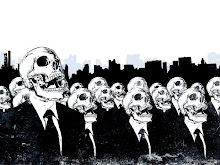




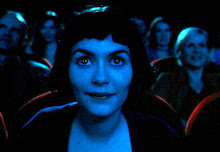

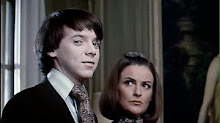

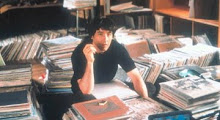

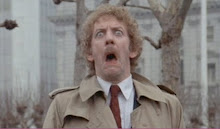
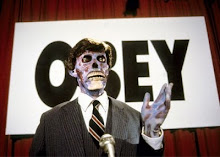


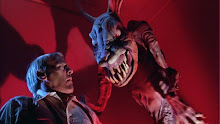
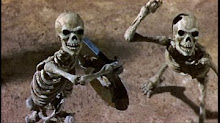
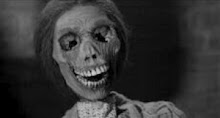
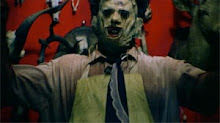
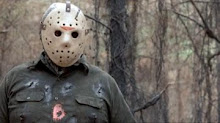
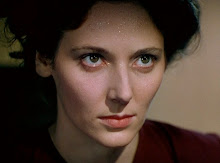


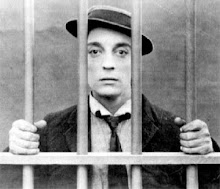
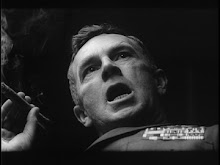
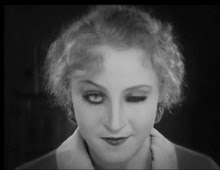
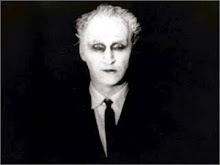
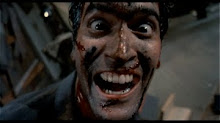
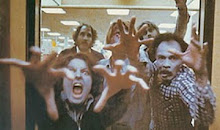
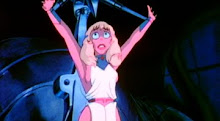
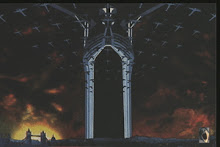
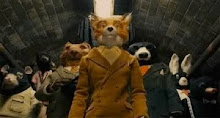
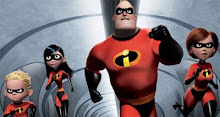
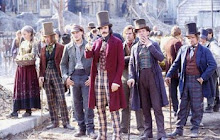

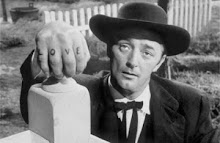
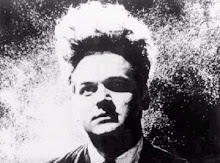
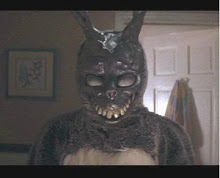
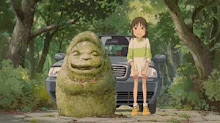
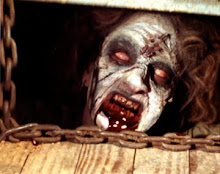
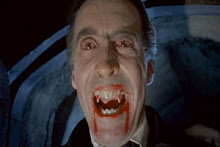

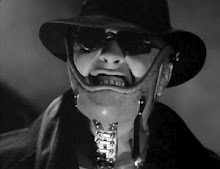
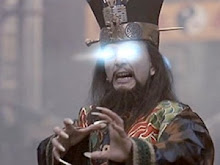


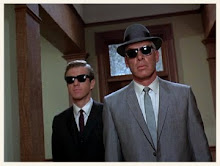
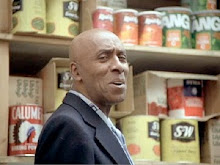

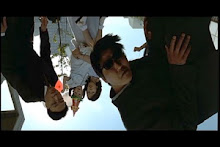


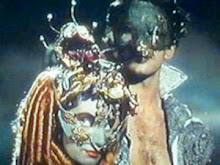
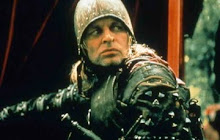
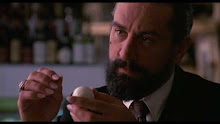
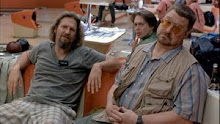
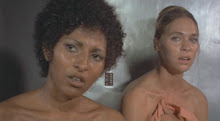

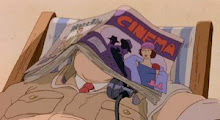
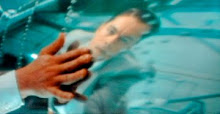
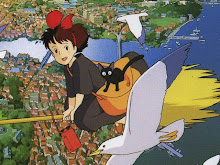
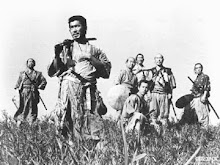
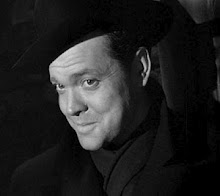
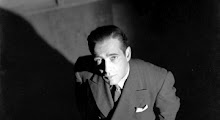

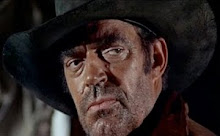
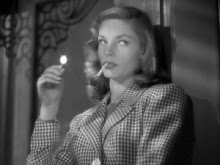
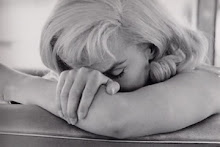
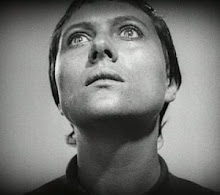

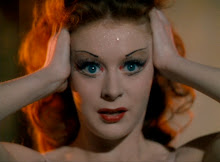

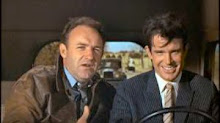

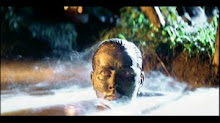


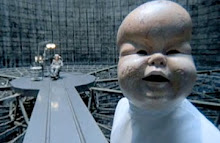
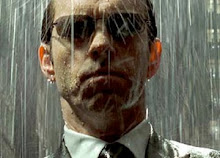
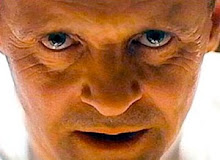




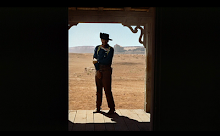


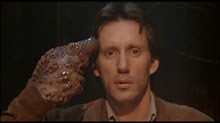

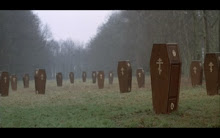




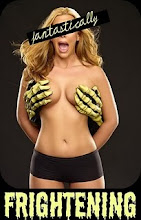
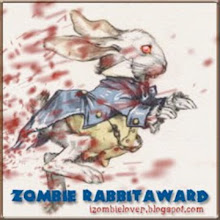

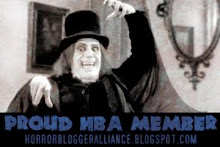
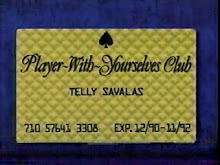
3 comments:
I find Hope and Crosby the Goons of America cinema: you think of them as being rooted in a certain period of time, ascribe to them the status of golden oldies, but you only need to check out one of the "Road to..." movies or a single Goon Show episode to realise how anarchic and ahead of their time they were.
Kudos for singling out the contribution of Dorothy Lamour, btw: she was so much more than mere set dressing and huge tranches of the "Road to..." films would have fallen flat without her impeccable timing and deadpan presence.
Good work championing the Road pictures, they are indeed ahead of their time, and Road to Morocco is, I also think, their best. I do love the first Road to Singapore though, because the boys were much more two-fisted and rowdy, cavorting amongst Bing's stuffed shirt family friends.
Whenever you're down or blue or whatnot, the Hope Crosby Road films pull you right out of it. They're like Martin and Lewis if Lewis wasn't there, and that would suit me fine.
God guys, those are both great comparisons to Hope and Crosby's personas.
Makes me wonder how the hell I left Martin and Lewis out of my hall of fame though. I guess because I think of them in booming Frank Tashlin Color.
Post a Comment